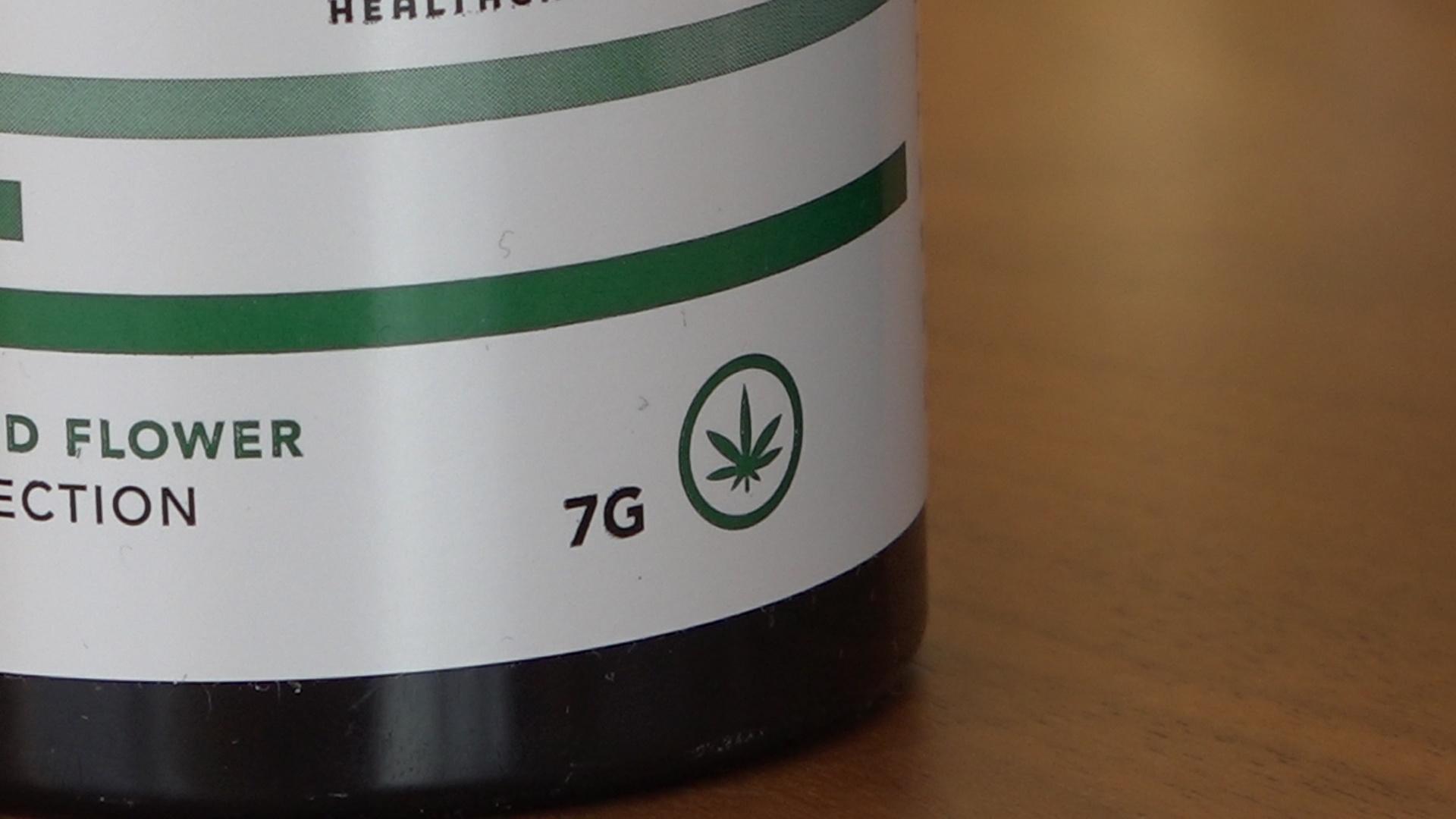BETHLEHEM, PA - Medical marijuana programs are growing...but those who qualify are having a tough time getting their supply.
"We saw a 3,000 patient jump in the first week of registrations," says Keystone Canna Remedies Chief Business Development Officer, Victor Guadagnino, "Patients find what works for them and we can’t keep that consistently in stock."
Recent changes to Pennsylvania’s medical marijuana program expanded qualifying conditions to include anxiety disorders and Tourette syndrome. That late July change helped patients looking for relief but put the pressure on dispensaries.
"Most of us thought that it might have been a slower program like most other states," explains Joan Guadagnino, Chief Operating Officer at Keystone Canna Remedies, "Coming out of the box maybe people were thinking 5 thousand to ten thousand people registering, and today, now less than 2 years later, we have 200 thousand."
And with a limited number of farmers able to grow medical marijuana in its flower form, dispensaries across the state of Pennsylvania are left to help patients find alternative-alternative medicine;
"We would offer them different products such as dry leaf or potentially an oral dose like a tincture or a capsule," Victor tells PBS39 News Tonight Reporter, K.C. Lopez, "Patients do have preferences and some patients do find better effects with whole flower. And when we look at extracts, the mark of a good extract is getting it as close as possible to the flower or natural state of that plant. So, it’s frustrating for patients when certain products are not on the shelf and really right now the shortage is really only for flower."
Oftentimes, patients turn to medical marijuana to avoid dangerous opioids. But recent health concerns over vape products have helped create an increased demand for flower THC merchandise from dispensaries like Bethlehem's Keystone Canna Remedies.
"Yes, there were a few patients that came in and really did not want to explore vaping," Victor explains, "Those cases of the vaping illness were really from black market or street bought THC vape cartridges--and there were no known incidents from a regulated market."
But in Pennsylvania, there are only 25 state approved growers and barely half having the ability to ship. With 200,000 medical marijuana patients in the state, the math just doesn’t add up.
"The supply and demand needs to catch up to each other and i think the growers are working really diligently to try and do that," Joan tells Lopez, "The patients will come in and they try different products and most of them come or find a product that might be good for them. And what’s happening with the shortage is the fact that we don’t have consistency with the products. We don’t have them on hand. I think what we do here at KCR is that we try to buy products from all different growers so we have a variety and keeping in mind that they sort of are on the same playing ground. So if we do run short from one of the growers on a particular product, the second product--the second grower-- might have something very similar."
Now, dispensaries like Bethlehem’s Keystone Canna Remedies, are trying to help patients find other solutions to satisfy their medical marijuana needs, while addressing vaping health concerns. Tonight, the dispensary is holding a conference for patients, caregivers and the general public at Penn State Lehigh Valley.
"We are really striving to be a credible source of information and education for not only our patients and medical professionals but the community at large here in the Lehigh Valley," says Victor, "We’ll have a bunch of grower-processors there, that’ll have tables to answer questions for people in the community. We’ll have our head pharmacist will give a talk on the basics of medical marijuana and then one of the reps from the grower-processors will go into their processes of growing and cultivating cannabis."
Got a news tip? Email K.C. at KCLopez@wlvt.org!




